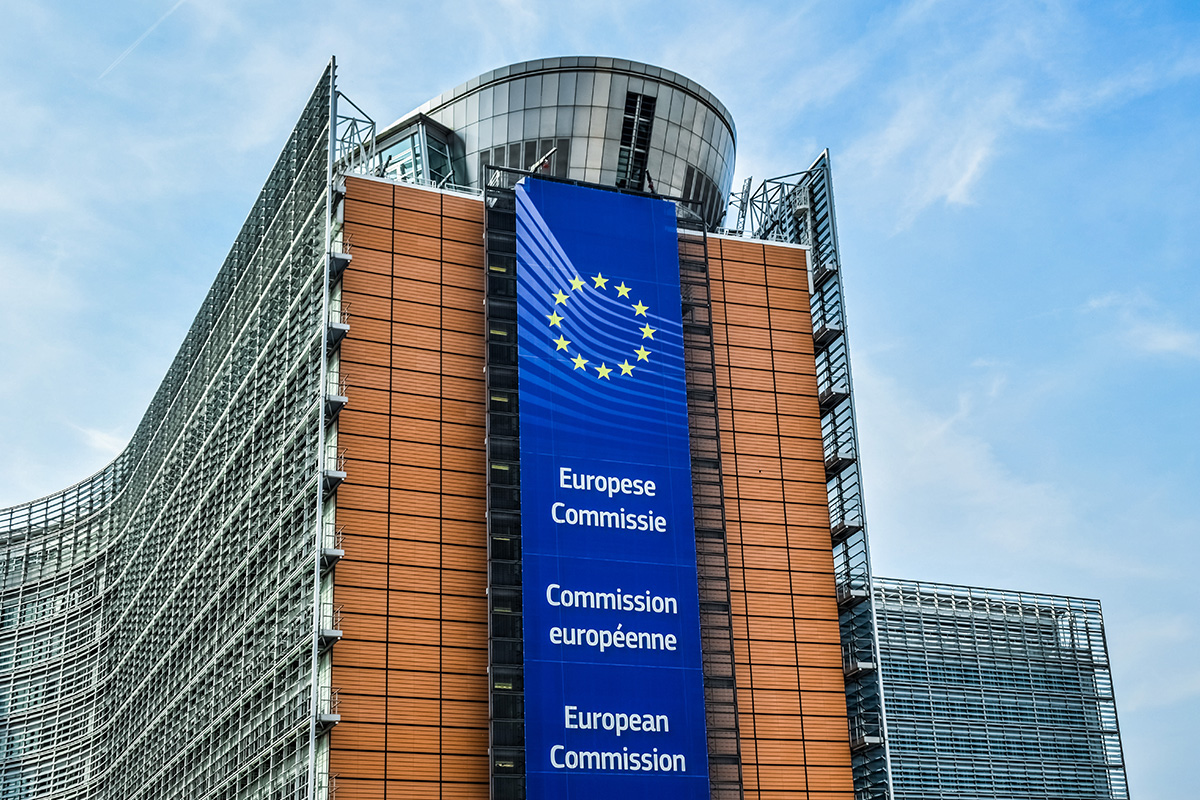GECES members have expressed their surprise at the European Commission’s recent decision to abolish the Unit dedicated to Social Economy within DG GROW, which will now be solely under the responsibility of DG EMPL. This measure has been met with concern, particularly given the importance of this sector in recent years within the Commission itself.
Over the past years, the European Commission’s approach to the social economy has undergone a significant evolution, partly thanks to the fruitful dialogue between stakeholders, European institutions, and academia. One of the key recommendations emerging from GECES’s co-programming exercise during their meeting last October was precisely to involve a wider range of Directorates-General (DGs) in their work, to add and not subtract.
The decision to abolish the Social Economy Unit in DG GROW, a unit that has played a relevant role in the progress made in recent years, is therefore “concerning” for a majority of GECES members, who regret having been informed of this structural change only after it had occurred, without being consulted beforehand or receiving an explanation on the matter.
GECES strongly believes in the need to preserve the valuable work done so far with commitment and vision. Therefore, they urge that the new organizational structure continue to fully implement the key initiatives outlined in the EU Social Economy Action Plan, the Council Recommendation on developing framework conditions for the social economy, and the Transition Pathway. These initiatives promote a vision of the social economy not as a marginal sector, but as a strategic driver for sustainable and inclusive economic development, based on the principles of solidarity, equity, democratic participation, and cooperation — principles that are essential for Europe’s future, especially in the current international context.
Social economy entities have repeatedly proven their resilience in times of crisis, their sustainability as community-rooted economic actors, and their crucial role in fostering territorial preparedness. In today’s shifting geopolitical and environmental landscape, these entities are vital contributors to Europe’s preparedness, autonomy, and democracy.
With this letter, GECES members also express their hope that social economy will continue to be recognized and supported, not as the responsibility of a single Directorate-General, but as a shared mission. As experts, they reaffirm their commitment — also on behalf of their respective organizations — to continue working towards making the social economy a pillar of the European development strategy.
Finally, the letter calls on the Commission to ensure that social economy remains a priority, supported by the necessary expertise, visibility, and organizational resources. It is considered appropriate that a reference on social economy issues (e.g., on topics such as public procurement) also remains within DG GROW.
“We remain convinced that there is still much to be done. And we would be pleased to reaffirm this conviction in a meeting with the Commissioner in charge of the social economy,” states the letter, which concludes: “Let this reorganization be an opportunity not for retreat, but for renewed momentum, building on the demonstrated contributions of the social economy to Europe’s resilience, sustainability, and preparedness. We remain committed to continuing our common work for Europe to prosper.”







